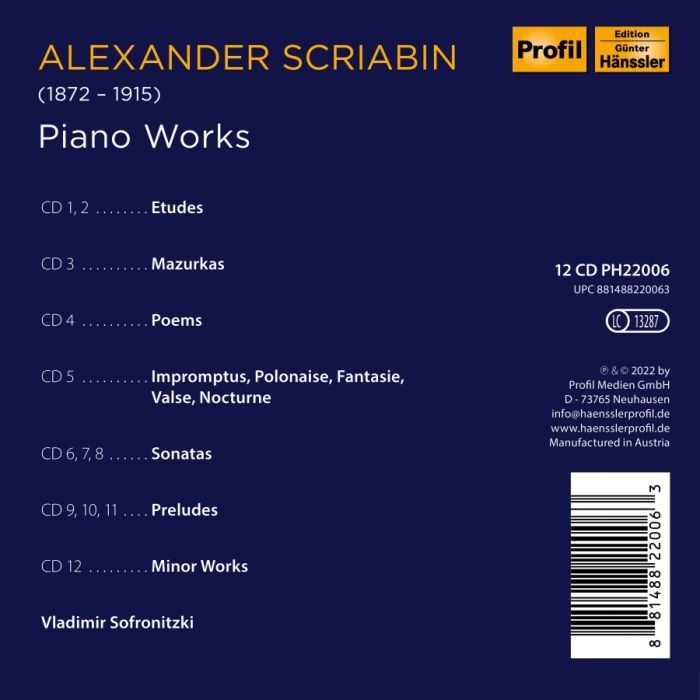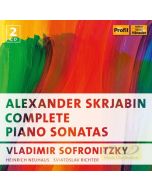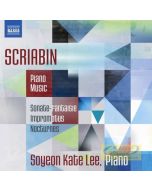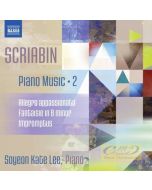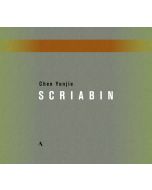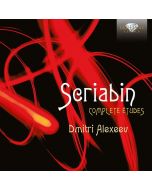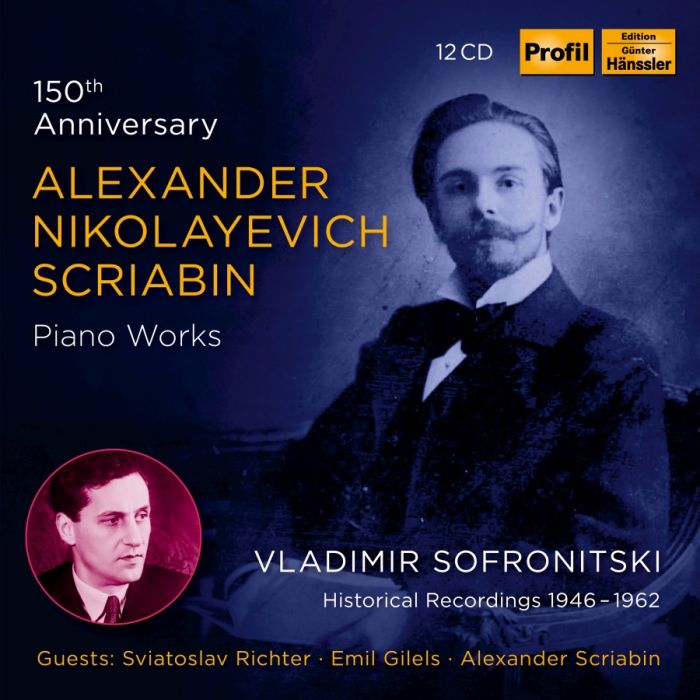
(Produkt nie został jeszcze oceniony)
kompozytor
Scriabin, Alexander
tytuł
Scriabin: Piano Works
wykonawcy
Gilels, Emil, Richter, Sviatoslav, Scriabin, Alexander, Sofronitski, Vladimir
nr katalogowy
PH 22006
opis
As pianist Andrei Hoteev puts it, Sofronitzki's interpretations included an "improvisatory style", which corresponds with what musicologist Sigfried Schibli has noted as a characteristic of Skryabin's playing, going on to say Scriabin "developed his own style of playing the piano" with "alertly varied rhythms and dynamics ... combined with a delicate touch and spontaneous agogics".
Indeed, Sofronitzki's Scriabin performances have often been praised for their idiomatic rubato - "poetic" rubato together with a flair for musical architecture and rhythmic precision. In his desire for fidelity to the original, Sofronitzki's highly sensitive use of the pedal reflects his striving to abide by the composer's expressive markings as closely as possible. His affinity with Scriabin's oeuvre may derive from the fact that both the composer and the pianist himself were influenced by the music of Frédéric Chopin.
Having spent his childhood in Warsaw, where his family had settled when he was two years old, Sofronitzki came to be regarded as setting new standards for Chopin interpretation - an artistic focus that goes back to his first piano tuition in the Polish capital. In 1949, the centenary of Chopin's death, Sofronitzki performed all his piano works on five successive days at the great hall of the Tchaikovsky Conservatory in Moscow.
nośnik
CD x 12
wydawca
Profil Medien
data wydania
31.03.2022
EAN / kod kreskowy
881488220063
159,00 zł
Produkt na zamówienie
Wysyłka ustalana indywidualnie.
Darmowa wysyłka dla zamówień powyżej 300 zł!
Darmowy kurier dla zamówień powyżej 500 zł!
sprawdź koszty wysyłki